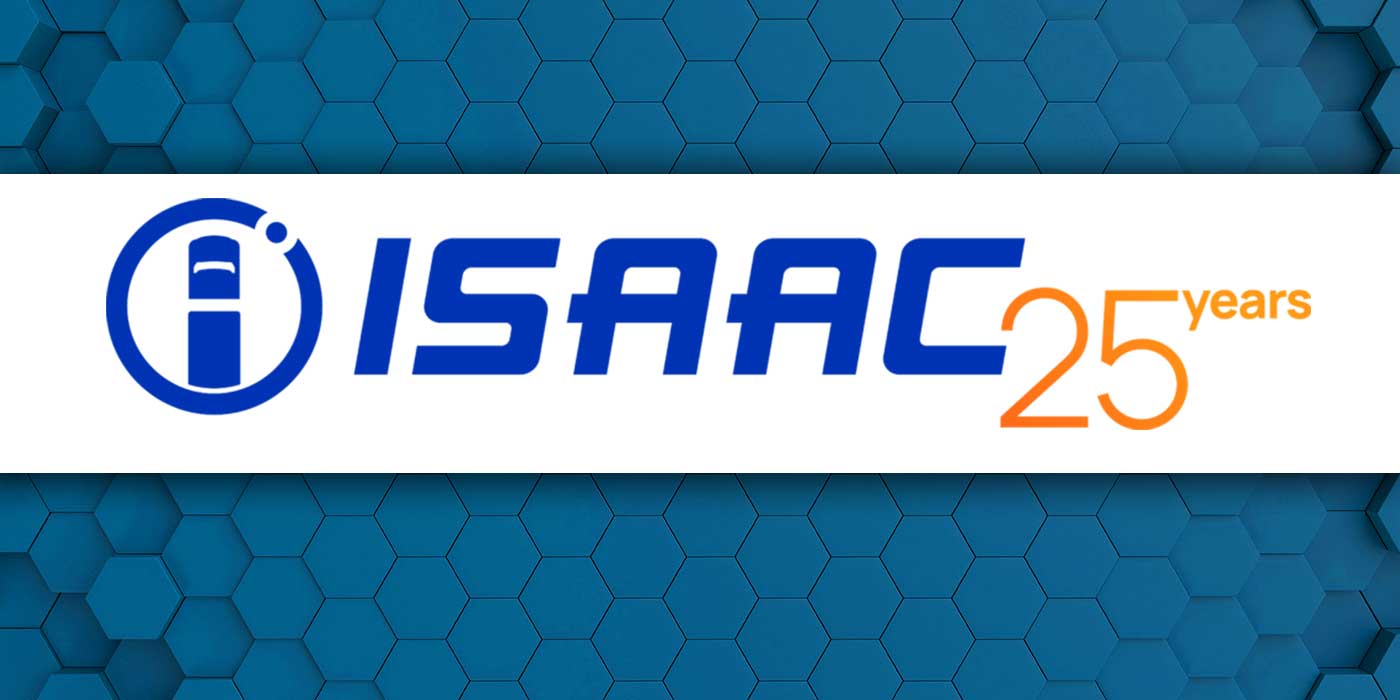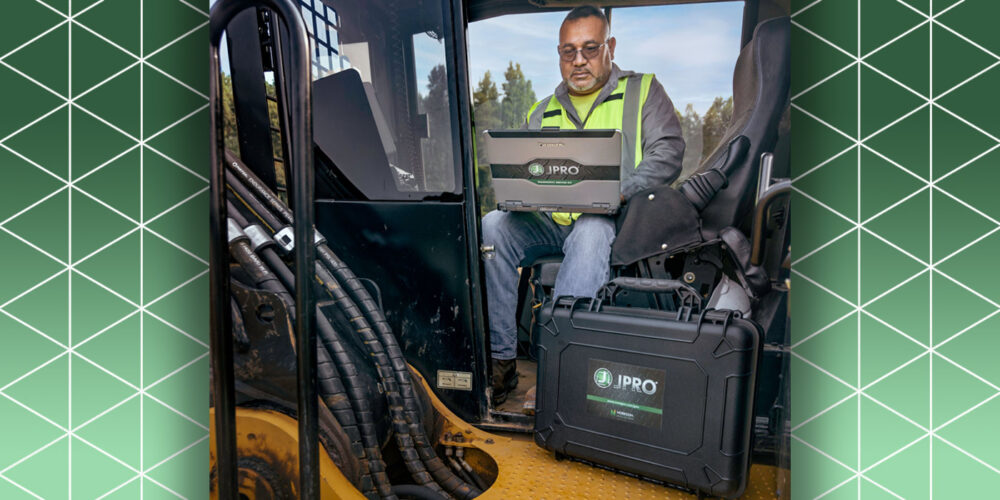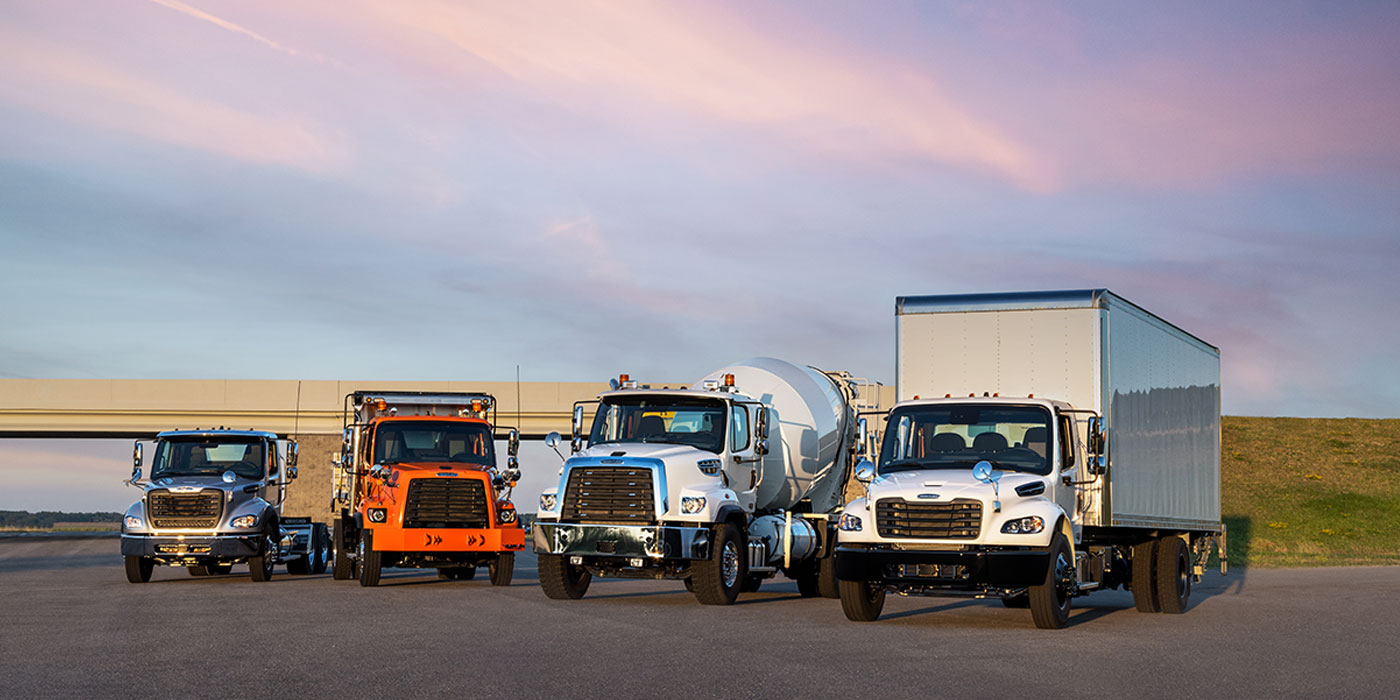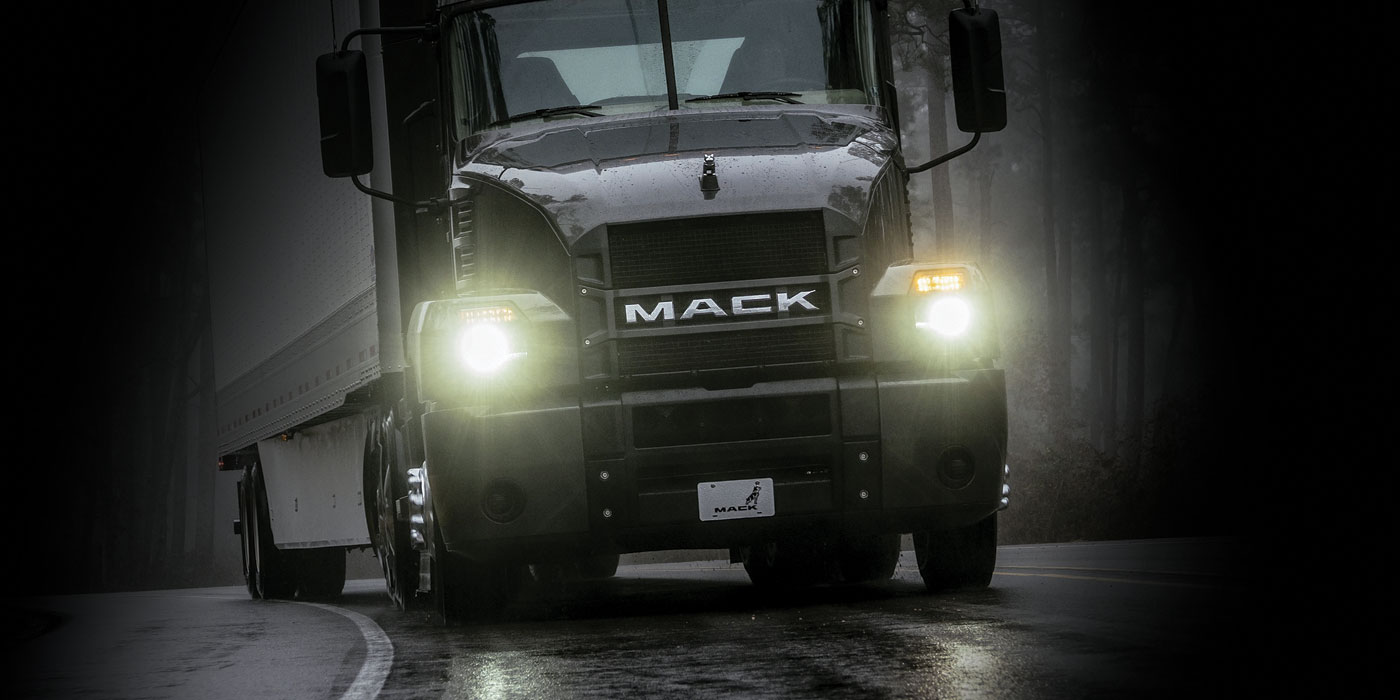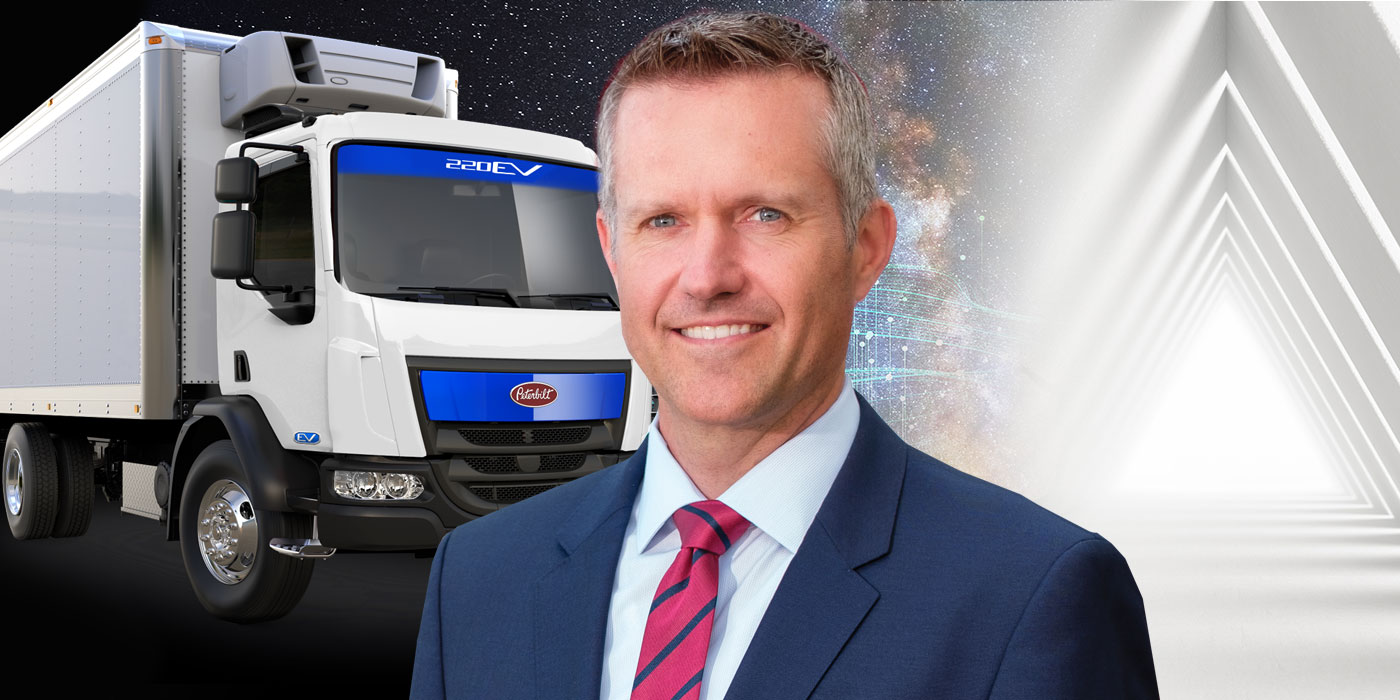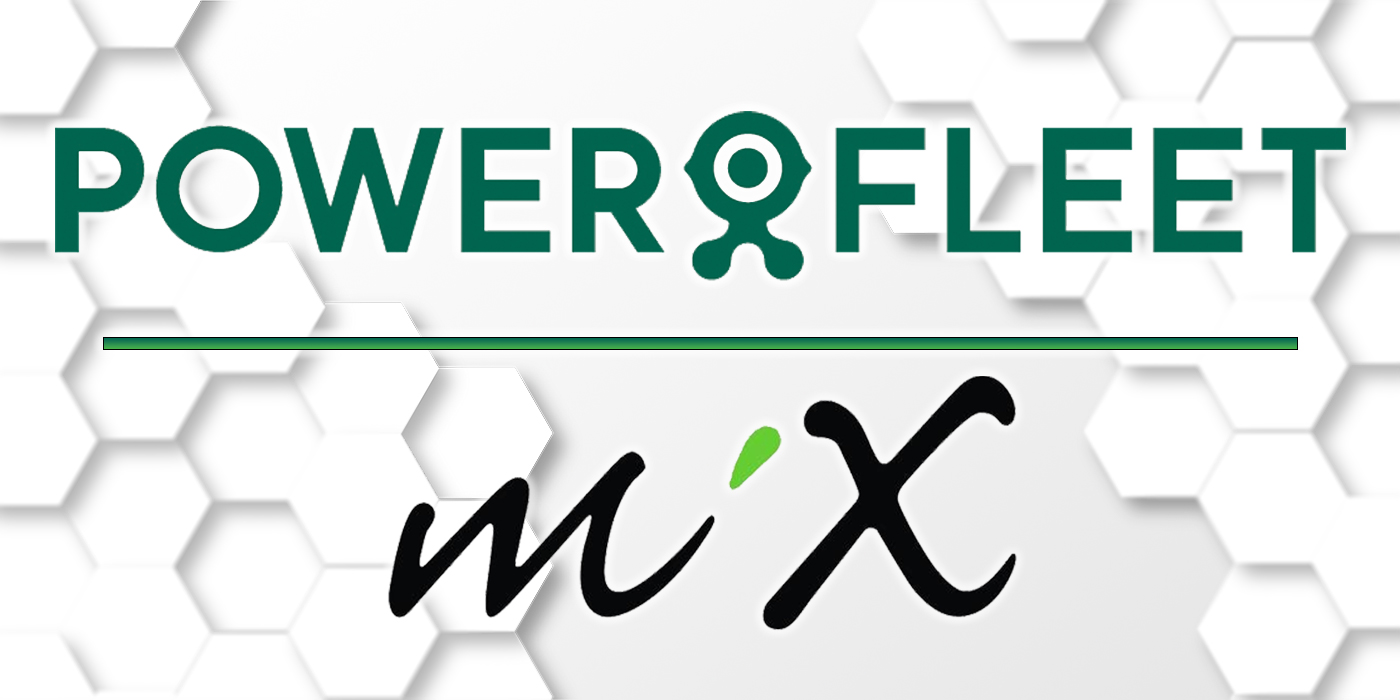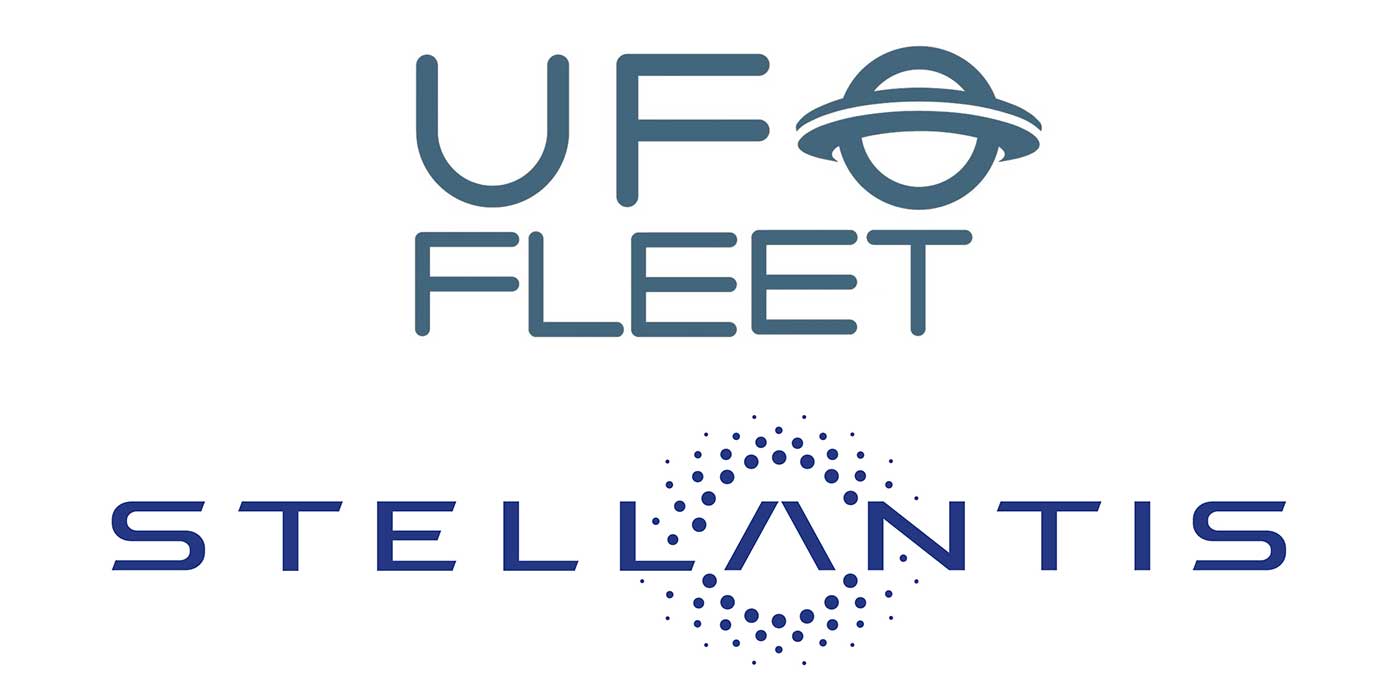
Here’s a scenario from your fleet management nightmares: one of your trailers is missing. A high-value asset is gone, and you have no idea who took it or where they went, nor do you have any way of tracking it. It might be in a lot a couple of blocks away, or it might have crossed the border into Mexico. You don’t know, and without knowing, there’s not much you can do about it.
This, in a nutshell, is why many fleets value asset tracking solutions. There’s no way around it: trucks and trailers are expensive pieces of equipment. And not only that—they’re your livelihood. If one of them goes missing, that’s money out of your company’s pocket that needs to pay for the replacement. Put that way, and it’s not hard to see the value of software that can tell you where a truck or trailer is at any moment.
In a recent interview, Robert Vacheron, senior director of product management and IoT Services with Sierra Wireless, a provider of asset tracking solutions, named three reasons fleets should consider this technology.
The first, he said, is that aforementioned ability to know where your assets are—and he mentioned the possibility that those assets have fled the country.
“The loss prevention is easy to understand; it’s not necessarily a big part of every business but it can be very valuable for some of them,” Vacheron said. “And not only prevention, but the ability to recover those lost assets. We’ve had items that we were able to recover for customers as we tracked it as it went all the way to the Mexican border and left the country. For customers with a high rate of assets being stolen, we can work directly with them on a solution.”
For the second benefit, Vacheron noted that even if your assets are safe and sound, there’s still value in knowing where they are.
He gave an example: “For instance, if you’re running a leasing program where you’re delivering heavy equipment to construction sites, and knowing exactly where your equipment is allows you to save time upon delivery and return, especially if you have to drop it off or pick it up. It also enables the notification and confirmation of these actions.”
The third benefit, he said, is asset utilization and efficiency.
“It’s obviously very important to know where your assets are and where they should be, how long they’ve been where they are, and what events these assets are reporting,” Vacheron said. “All of this is fairly standard information that can be obtained from most basic fleet tracking solutions.
“The importance of these is subject to whatever back-end CRMs you’re using, or whatever you need to do to optimize your processes,” he went on. “For example, if you’re tracking sub assemblies that are being routed through fleets to get to your manufacturing site, then you can see the value of understanding which of these deliveries is holding up your supply chain and causing this extra cost or requiring things like expedited freight charges.”
Vacheron noted that these solutions can be customizable to what your fleet needs from them. But, he cautioned, fleets should do their research about what they want and whether the software can help them with it before they invest in this technology. And, he said, they shouldn’t expect overnight results.
“It’s good to keep in mind that the implementation of IoT solutions is going to take time,” he said. “A lot of customers that we have come to us and think that we’re going to be able to start solving their problems within the next week. That’s usually not the case—generally it takes months, even with a solution that’s already available.
“I strongly urge you to be sure that you are clear on the use-cases, and the impacts of those use-cases on your business, before significantly investing in IoT solutions,” he concluded. “It’s important to understand all the peripheral impacts, the necessary features you’re going to want in this solution and how it’s going to work with your systems. And it’s good to keep in mind that the more flexible you are with the solutions, the easier it’s going to be to provide you with what you need.”
Ed. Note: This conversation was part of a recent webinar
put on by Fleet Equipment and Sierra Wireless. If you’re interested
in more from the webinar, you can view it on demand here.


